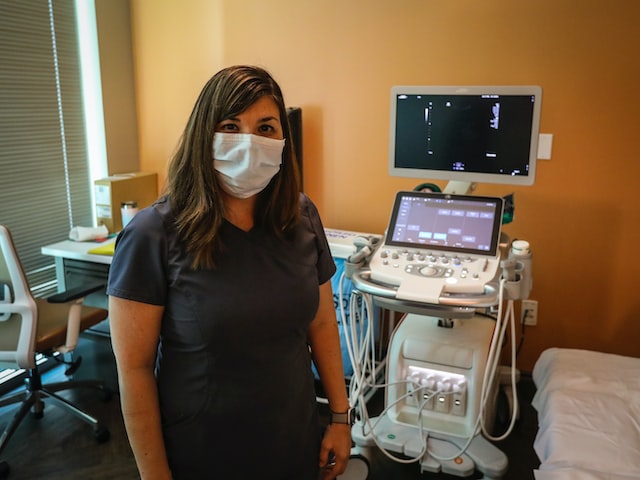Whether you’re a new patient or have been seeing a doctor for a while, there are some things you can do to make sure your visit goes smoothly.
First, it’s helpful to prepare for the visit ahead of time. Create a list of questions, medical history, and any other information your provider needs to know about you.
Prepare for Your Appointment
Whether it’s your first time visiting a health clinic or you’re a regular patient, it’s important to prepare for your appointment. Doing so can help you get the most out of your visit with a healthcare provider and also ensure that you understand your test results and other medical information.
For example, if you’re visiting a walk-in clinic, it’s helpful to be prepared with a photo ID and a list of your medical concerns. This will help ensure you receive the right treatment.
Consider bringing a family member or friend with you for the appointment so they can take notes and remember what was discussed with the doctor. Bringing someone else with you can make the discussion more comfortable and enjoyable and help ease any anxieties you may feel.
In addition, if you’re planning on having your healthcare provider communicate with you through a videoconferencing platform, you should confirm with the clinic whether it’s acceptable. It’s best to do this ahead of time, as not all providers are happy with videoconferencing technology or can offer support to patients struggling with communication.
Bring a List of Questions
Asking questions is an essential part of getting the most from your healthcare. When you are well informed, you and your healthcare team can make better decisions about your treatment and stay on top of any problems that may arise.
One of the best ways to do this is to bring a list of questions. This will help you remember important details and keep your appointment on track.
This list should include the most common questions plus some of the more unusual ones. It’s also a good idea to ask your doctor for advice on how to ask the right questions. Having the right questions can save you from having to ask them again in the future and help your doctor make an informed decision about your treatment plan.
Bring Your Medications and Supplements
You may have some different medications that you use to treat different conditions. These can include drugs, vitamins, or supplements you buy at the store or get from your doctor.
Bring a list of all the medicines and supplements you take, including those you take by prescription or over-the-counter (OTC). This will help your doctor understand what is being taken and why.
Prescription drugs can be very expensive, so you might ask your healthcare provider how to save money on your medications.
Your healthcare provider can also suggest simple tips to help you manage your medication and avoid drug interactions.
Keep a list of the name and dose of each medication, along with the time it is supposed to be taken. It’s also important to write down your medication schedule and update it every time you change it.
Be Honest
Honesty is the best policy when it comes to your health. Tell your doc exactly what’s wrong and how you feel so they can give you the right advice or refer you to the correct specialist. It’s also important to be open about your health history so your doctor can understand why you are here and what has led to your current situation.
If you’re looking for the most effective way to do this, there are a few options, but one of the best is to ask your doc for his or her advice on how to proceed. This may include advice on a new diet, a fitness regimen, or a lifestyle change. It may also be time to get additional medical tests to ensure you receive the necessary care.



